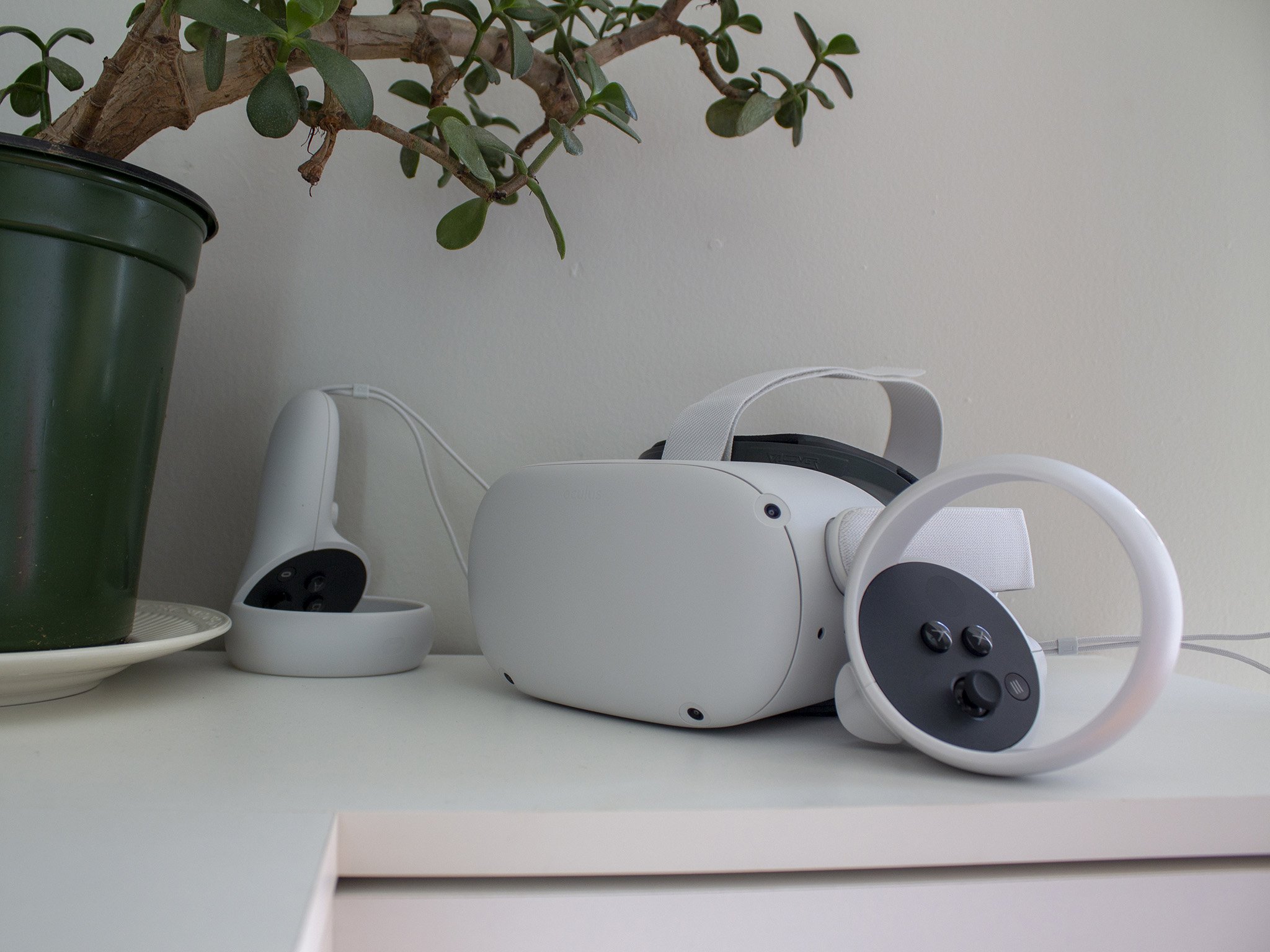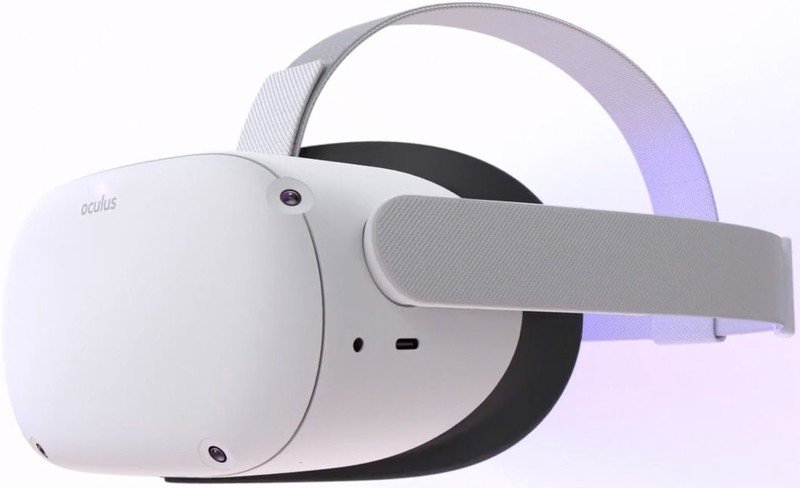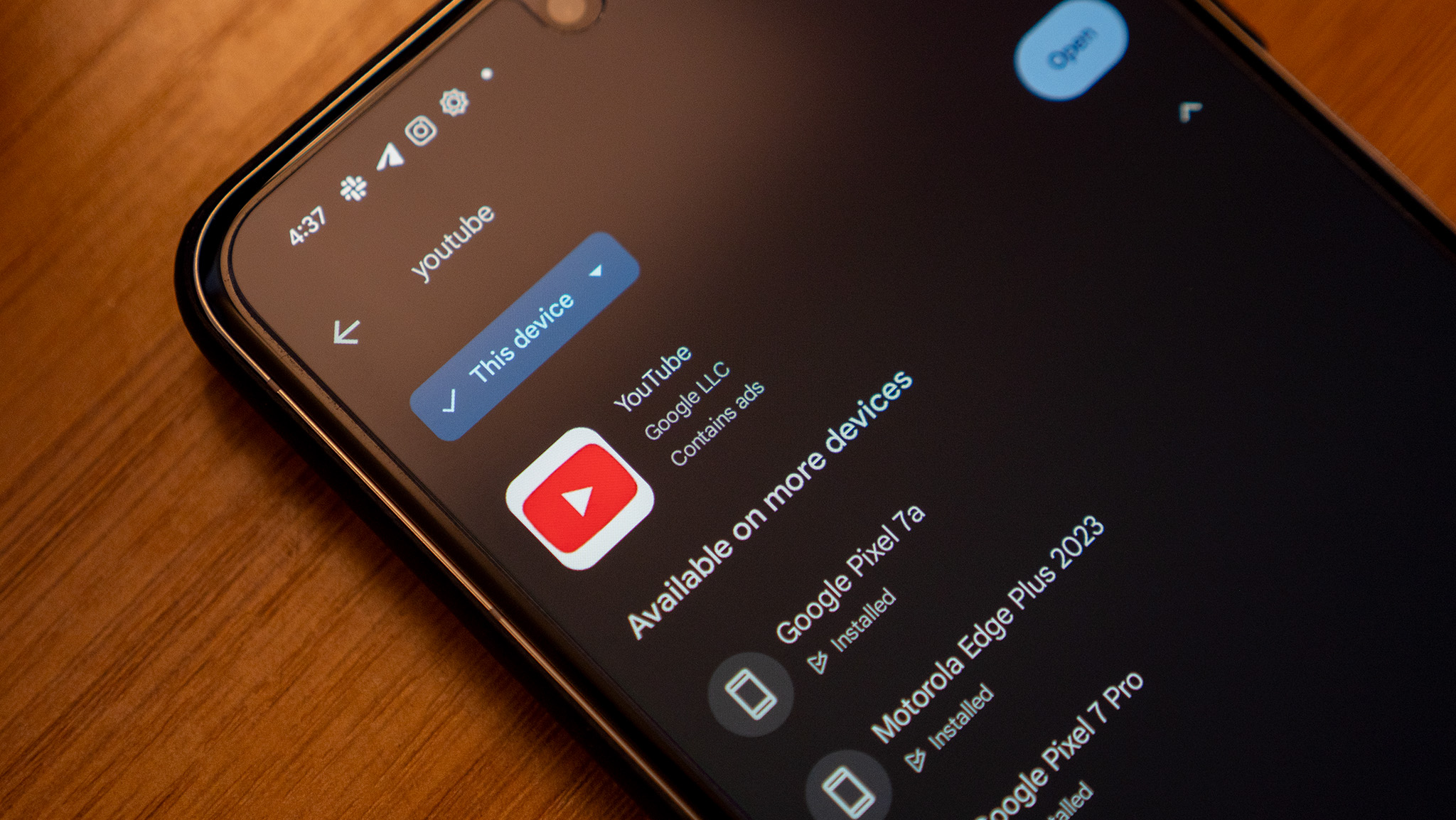Oculus might support 120Hz in the future, according to Carmack

Get the latest news from Android Central, your trusted companion in the world of Android
You are now subscribed
Your newsletter sign-up was successful
What you need to know
- Oculus looks to be developing 120Hz applications, hot on the heels of the 90Hz update for the Quest 2.
- Next-gen consoles like PS5 and Xbox Series X|S have targeted 120Hz for butter-smooth gaming.
- Higher refresh rates are important for VR headsets because they increase immersion and reduce motion sickness.
In a Tweet (via UploadVR), John Carmack, Consulting CTO of Oculus, discussed the possibility of opening up 120Hz options for games and applications on Oculus devices. While Carmack stopped short of saying which devices would support 120Hz, the fact that the Quest 2 just received the patch that enables 90Hz for all games and apps probably means 120Hz is still quite a ways out.
120Hz has been all the rage in next-gen gaming circles, so it makes sense that Oculus would be targeting 120Hz for the future, whether that means existing Oculus devices or a potential Oculus Quest 3 is not yet known. Faster refresh rates help increase immersion by giving your brain more visual information in the form of additional rendered images (120 images presented per second as opposed to 90, the current standard). That, basically, means it doesn't need to "read between the lines" as much if you will excuse the crude analogy.
Important point: Don’t just default to the highest frame rate available, or your app will likely run poorly if we release 120 FPS support. With only two headsets, you should explicitly test different resolution / framerate / rendering feature sets. https://t.co/PmqzJM4P3fImportant point: Don’t just default to the highest frame rate available, or your app will likely run poorly if we release 120 FPS support. With only two headsets, you should explicitly test different resolution / framerate / rendering feature sets. https://t.co/PmqzJM4P3f— John Carmack (@ID_AA_Carmack) November 16, 2020November 16, 2020
Higher refresh rates also reduce motion sickness, further helping to expand VR applications to the small number of people who might still experience these types of issues. Carmack's Tweet specifically references developers who have chosen an "unlocked" framerate for their games, which allows the game to run at the highest refresh rate the VR headset will support. His warning is that, if and when Oculus enables 120Hz support on headsets, games that use unlocked framerates will likely experience performance issues since they aren't specifically optimized for the higher rendering rate.
Oculus has been great about adding significant new features to its headsets on a regular basis. That 90Hz patch that just started rolling out this week also includes Oculus Move, a brand new system-wide fitness tracker that helps gamers understand how many calories can be burned while playing active VR games. Whether or not we'll see 120Hz on the Quest 2 is anyone's best guess, but there are sure to be plenty of other notable additions over the coming months if history is anything to go by.
Get the latest news from Android Central, your trusted companion in the world of Android


